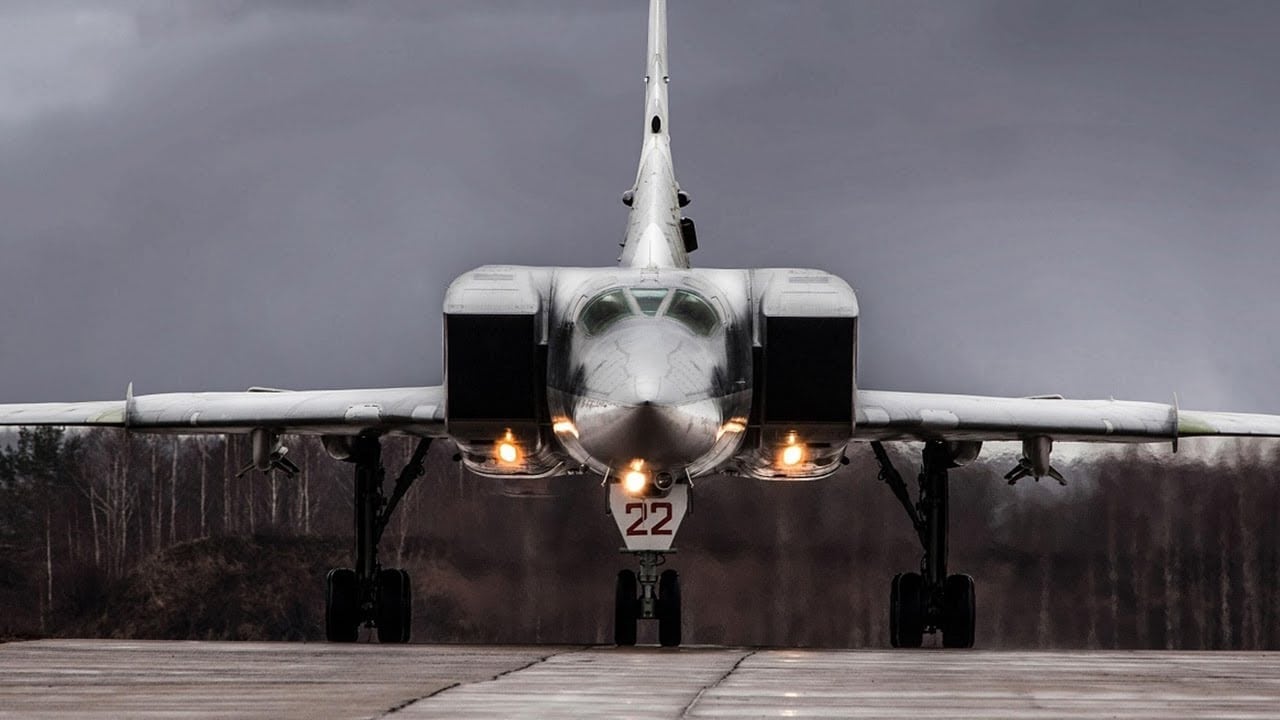What Will the Federal Reserve Do as Russia’s War on Ukraine Impacts the US Economy? – There is an old joke about a city motorist asking a country local for driving directions to a certain town. After struggling to give directions, the local says “If I wanted to get there, I would not be starting from here”.
One wonders whether the same might not be said of someone being asked to advise the Federal Reserve ahead of its policy meeting next week on how best to cope with the oil, food, and metal price shock now occurring in the wake of Russia’s Ukrainian invasion. The truth of the matter is that it would be a whole lot easier for the Fed to cope with that inflationary shock had it not got us into such a poor starting inflation point with its excessively expansive monetary policy last year.
Even before the Russian invasion, consumer price inflation had surged to a forty-year high of some 7 ½ percent. Meanwhile, inflation as measured by the Personal Consumer Expenditure Price Index, the Fed’s favorite inflation measure, rose to around three times the Fed’s 2 percent inflation target.
Despite its protests to the contrary, the Fed must bear a large share of the blame for having created the country’s worst inflation since 1982 on the very eve of the Russia inflation shock. Last year, at a time when the economy was recovering strongly and was receiving its largest peacetime budget stimulus on record, the Fed kept its pedal to the monetary policy metal. It did so by maintaining interest rates at their zero bond, by buying more than $4 trillion in US Treasuries and mortgage-backed securities, and by allowing the broad money supply to expand at its fastest pace in over fifty years.
By causing a dramatic spike in international oil prices to $130 a barrel as well as by giving rise to a 50 percent increase in international grain prices, the Russian invasion is now bound to add meaningfully to already strong inflationary pressures. The oil price increase alone is expected to drive gasoline prices to over $4 ½ dollars a gallon by Memorial Day and to add around 1½ percentage points to consumer price inflation.
Further inflationary pressure emanating from the Russian invasion must be expected from the supply side disruptions to agricultural fertilizer production, of which Russia and Ukraine are major exporters, as well as to the production of natural gas and key industrial metals, like platinum and palladium, of which Russia is the world’s dominant producer.
All of this will make it very difficult for the Fed to achieve its price stability mandate without causing a hard economic landing. With already high inflation now getting a boost from the Russian invasion, the Fed will have little option but to tighten monetary policy to prevent inflation expectations from coming unanchored. This would seem to be especially the case at a time when interest rates are significantly negative in inflation-adjusted terms. However, raising interest rates could be very troubling for still frothy equity and financial markets which are already being buffeted by geopolitical uncertainty.
The moral of the story would seem to be that last year the Fed should have been very much less cavalier about inflation risks than it proved to be. Maybe then it would have had a better chance to cope with the Russian inflation shock without sending the economy into recession.
Desmond Lachman joined AEI after serving as a managing director and chief emerging market economic strategist at Salomon Smith Barney. He previously served as deputy director in the International Monetary Fund’s (IMF) Policy Development and Review Department and was active in staff formulation of IMF policies. Mr. Lachman has written extensively on the global economic crisis, the U.S. housing market bust, the U.S. dollar, and the strains in the euro area. At AEI, Mr. Lachman is focused on the global macroeconomy, global currency issues, and the multilateral lending agencies.

